Biblical Terror: Why Law And Restoration In The Bible Depend Upon Fear
For biblical author and reader, law and restoration are central concepts in the bible, but they were not always so. Cataldo uses as conversational starting points theories from zizek, foucault and deleuze, all of who emphasize the productivity of relation and difference, to expose deep-rooted processes in identity formation and concerns for self-preservation behind those biblical concepts. Consequently, the more modern assumption that biblical authors wrote their texts presupposing a central importance for those concepts is fallacious; it incorrectly assumes that the idealized reality behind them was already known in a way that people could simply be reminded of it. To the contrary, law and restorations were made central only with the writing of the biblical texts. They were shaped by ideological forces concerned not with any selfless focus on the divine but with protecting the community from threats to the boundaries of its collective identity. The concepts of law and restoration, cataldo concludes, are products of selfish desire.
{{comment.content}}
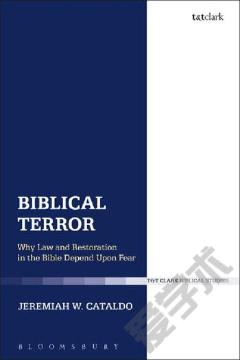

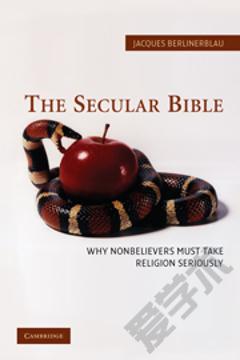
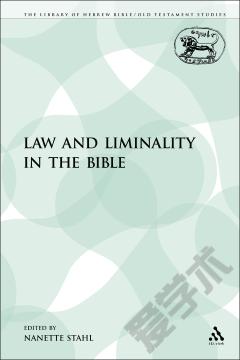
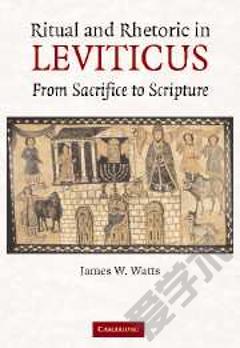

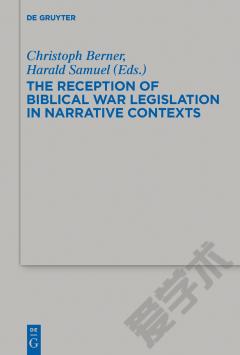

 京公网安备 11010802027623号
京公网安备 11010802027623号